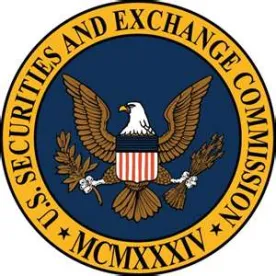Following the D.C. Circuit’s July 14, 2015 decision in Koch et al. v. Securities and Exchange Commission, No. 14-1134 (D.C. Cir. July 14, 2015), which held that the SEC could not retroactively punish an investment advisor for conduct that occurred prior to the enactment of the statute authorizing the punishment, the SEC announced last week that it would not seek further review of that decision.
When Congress passed the Dodd-Frank Wall Street Reform and Consumer Protection Act (“Dodd-Frank”) in July 2010, it authorized the SEC to impose certain newly-enacted remedial sanctions, including bars from association with municipal advisors and national rating organizations. In Koch, the SEC used its new statutory authority to bar Donald L. Koch, an investment adviser, from associating with municipal advisors and rating organizations, even though the conduct giving rise to the sanctions had taken place in 2009. The Court vacated the SEC order, however, holding that the SEC had impermissibly applied the Dodd-Frank Act retroactively.
The Court explained that while retroactive legislation is not per se unlawful, the courts first determine whether Congress intended the statute to be applied retroactively. The Court then looked to the relevant provision of Dodd-Frank and found that it contained no mention of retroactive application. In the absence of a clear expression of Congressional intent, the Court then considered “whether applying [Dodd-Frank] to Koch ‘would impair rights [he] possessed when he acted, increase [his] liability for past conduct, or impose new duties with respect to transactions already completed.’”[1] Because retroactive application of the statute would “attach new legal consequences” for conduct that occurred before Dodd-Frank was passed, the Court found that the bar imposed on Koch was impermissibly retroactive.[2]
In a stunning admission of defeat, the SEC also advised individuals who are the subject of an SEC order barring their association with a municipal advisor or a nationally recognized statistical rating organization and who believe the conduct underlying the ban occurred before July 22, 2010 that they may seek an order vacating the bar. To facilitate such applications, the SEC provided a form on its website that can be completed by individuals seeking relief from improperly imposed retroactive sanctions.
[1] Koch at 18, quoting Landgraf v. USI Film Prods., 511 U.S. 244, 280 (1994).
[2] Koch at 19.





 />i
/>i

